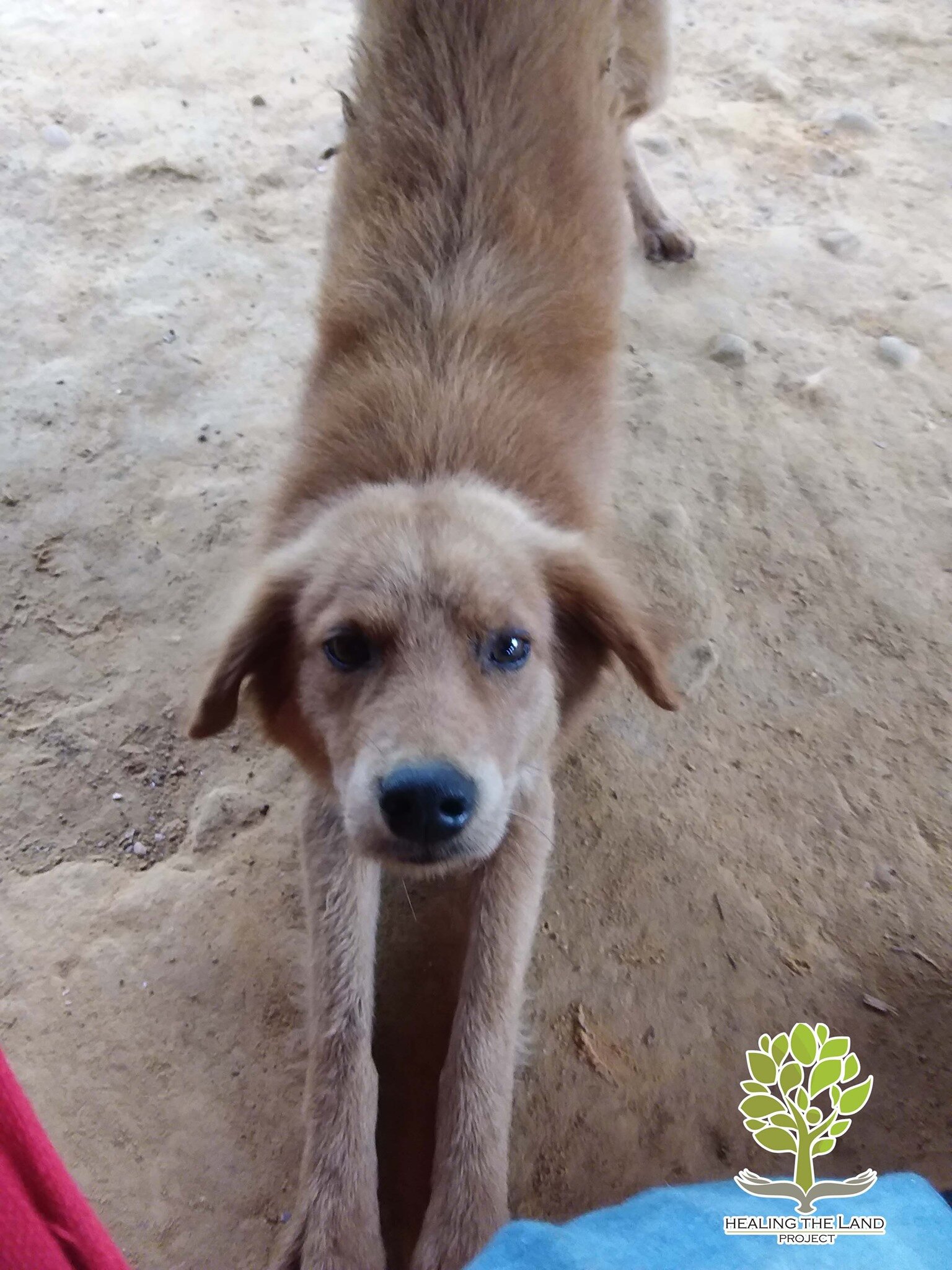In January 2019 with the financial help of my community in the UK, I embarked on a journey to my home country, Colombia with the intention of connecting back to some indigenous communities known as the U’wa (1) and the Wirajo community (meaning: ‘Wise man’) Led by Berito Kuwaruwa.
Berito is a Human rights activist, a warrior who has fought and won big battles against multinationals in his territory.
Berito and Uwa Leader in the USA exposing their case.
Berito and Uwa Leader in the USA exposing their case.
My visit to Berito was long overdue and to be honest I wanted to find out more about who, in the words of Jose Ismael, is known to have a “deep and profound word” connected to mother and about his people that have defeated the multinationals and successfully removed them from their territory.
I met Berito in the summer of 1994,
I was 14 years old at the time.
A delegation of community leaders from back home paid a visit to London hosted by another grass roots organisation. Among the leaders there was a representative of the Afro-Colombian communities Naka Mandinga, also with them came a leader of the peasant movement: Pacho and two indigenous leaders; among the last group of people was Berito Kuwara'wa.
Berito was and still is the spokesman and traditional authority for the U’wa indigenous community.
The U'wa, known as the "people who know how to think and speak,"
The troubles:
It all started in 1991, during the time the U'wa people were fighting against an initial oil exploration by a multinational called Occidental Petroleum Corp (OXY).
In 1992 the Colombian government issued a license to Occidental Petroleum to begin drilling the sacred territory of the U’wa. The issuing of this license violated a 1991 Agreement, ruling that oil exploration in indigenous territories required community consent. The U’wa continued their fight despite ongoing death threats that were issued against the community and their leaders.
The journey
Cubara, Arauca, Colombia.
Berito’s community is located in Cubara (2), a small area in the remote Andes of northeastern Colombia, along the border with Venezuela.
To get to know Colombia’s geography, I travelled across the country from The Cauca region known as Bota Caucana - I was visiting the Inga people, but that is another story- to Duitama in the Boyaca province, up north. I made Duitama city my first stop staying at Jose Ismael’s expenses, Jose Ismael is an artist and community leader who has been instrumental in keeping in touch with Berito, Jose is has also been an inspiration using art as a method of the struggle and his knowledge in farming is quite vast.
I will come back to Jose later, as his work is amazing and deserves a space of his own.
Once in Duitama I had the choice of going to Saravena, then Cubara in Arauca two ways, the short or the longer route. Duitama to Saravena in Arauca, is a Journey of about 8 hours, 400kms. Before getting on the bus there were rumours that the insurgency and the army were in confrontation in that area, thus it was a matter of choice of taking the longer route and hoping that the fighting would not spread to the route I was taking.
This trip to Saravena in Arauca was somehow surreal, I couldn't believe that I was finally going to visit a part of a country unknown to me if it weren't for all the history books. The Arauca region was the land of the independence and freedom, a region full of magical and heroic tales, as well as death, violence, oil and poverty. As people say "Don't visit Arauca, especially Saravena if you don't have any business there". It (Saravena) has been a region of conflict and war for many years.
Yes, I was a bit scared but I was fulfilling an old dream of visiting Los Llanos, the extraordinary plains of Colombia.
The U'wa are a peaceful nation of more than 6,200 people. Both the U'wa and the Cloud Forest they inhabit are among the last of their kind in the world, but sadly, the U'wa way of life has been jeopardised by oil, gas, and mining concessions condemned by Environmental and Human Rights Organisations around the world. The extraction of the natural resources and the construction of mega-projects in the U'wa territory has already contributed highly to a climate of violence leading to human rights and environmental disasters.
These communities consider themselves guardians of the forest including the species therein. For centuries, they have protected large tracts of forest by prohibiting all human access - including their own. These tracts now function as de facto biological reserves for such species as jaguars, spectacled bears, and toucans.
In 1995 Shell, Oxy’s Partners, left the project and in 2002 OXY left the project. This was a victory for the U’wa people, they won a huge battle, however, not the war.
In 2014 nearly 20 years after I first met Berito, our paths crossed again in a ceremony known as Kiva, “Raices de la Tierra”- "Roots of the Earth".
Berito is one of the leaders of this very important ceremony in Colombia. When I first saw Berito I was not 100% sure he was the person I thought he was. So I approached him to ask him if he had been to London in the past. To my surprise he remembered me. Not only did he remember me but he also underlined the importance of building bridges of solidarity with our brothers and sisters in the UK and around the world.
Berito kuwaru’wa was Goldman Environmental Prize in 1998 for his role as spokesperson in conflicts between the U'wa people and the petroleum industry. KuwarU’wa, on behalf of his tribe, the U’wa, has waged an international campaign imploring multinational oil companies not to drill in the tribe’s remote homeland high in the cloud forests of Colombia. The U’wa believe that oil is the blood of the earth and that to extract it is equivalent to committing matricide. Choosing suicide over what they see as genocide, Kuwaru’wa and 5,000 others have pledged to jump off a cliff if oil development takes place. "The U’wa territory is sacred," says Kuwaruwa. "The U’wa culture has no price."
I arrived in Saravena very early in the morning and as expected there was lots of tension in the town due to the clashes between the army and the insurgency. After waiting for over 2 hours, Berito arrived with his wife and on the way to Cubara we passed the army control point and a few meters after, Berito asked the driver to stop the car and pull over. He wanted to show me the place where 2 days before, the insurgency had planted a bomb to attack the army. Fortunately the bomb was discovered on time and was deactivated. All that was left was a big hole next to the road.
Suddenly, the fact that I was in a war zone hit me. I had been in different war zones in Colombia in the past and witnessed its devastating effects but still, coming face to face with the reality, first hand, does shake you to the core. I guess living in the comfort and safety of London does soften you a bit.
This is where the bomb was.
This is where the bomb was.
This is where the bomb was.
In our final stop to reach the community we were greeted by a group of young "indigenous guardians" and I was asked about the purpose of my visit and for how long I was going to stay in their land.
The Uwas are known as to be very well organized and effective when it comes to protecting their territory.
Once in Beritos’ house the man in charge of the overall safety of the Uwa community visited us and introduced himself, he wanted to know more about me and the purpose of my visit.
After all the questioning and free pass, he informed me that they would assign a person to be with me all the time as a safety measure for my protection and Berito’s. They fear the insurgency or paramilitaries may try to kidnap me and the community leader.
Uwa Territory
On our way to Berito’s house
My first impression:
Berito’s home is very humble and his family live under very difficult conditions of poverty and health problems due to a lack of basic resources. I asked him if he received any money from the Goldman Environmental Prize - I had to ask him- and he said he had and it was quite a big sum, but he did not keep it for himself and used the money to buy back the land that belonged to his people from the white farmer colonisers and thus extending their territory and to further strengthen their community. He also mentioned the abundance of oil in their territory and especially in his community. I thought to myself, how ironic, this man is probably one of the richest men I have ever known and he lives under appalling conditions. because he has chosen to benefit his community above his own personal interest.
To be continued…..
Berito’s House
My sleeping place.
This was my bodyguard assigned by Great Spirit to look after me.













